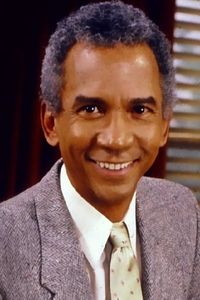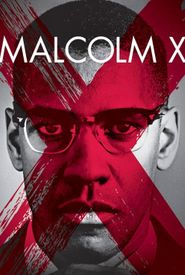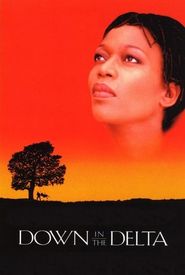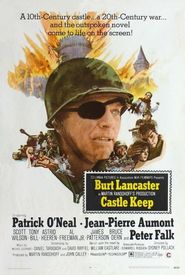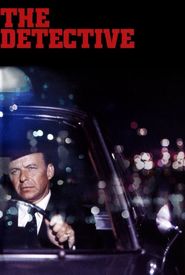Al Freeman, Jr. was a renowned actor and director who made a significant impact in the entertainment industry, particularly in the realm of television and film. He was the first African American to win a Daytime Emmy Award for acting, which he received for his portrayal of Police Captain Ed Hall in the soap opera "One Life to Live" in 1979. Freeman's most notable role was his 17-year stint as Captain Hall, which spanned from 1972 to 1987 and then again from 1988 to 2000. Throughout his career, he received three additional Emmy nominations for his performances in 1983, 1986, and 1987.
Born on March 21, 1934, in San Antonio, Texas, Freeman was raised primarily by his father, an actor and jazz musician, after his parents divorced. He and his father left Texas, moving to Cleveland, Ohio, where Freeman began to develop his passion for the performing arts. After studying drama at Los Angeles City College, Freeman moved to New York City to pursue a career in acting, making his Broadway debut in Ketti Frings's "The Long Dream" in 1960.
Freeman's early success on Broadway came in 1964 when he starred in James Baldwin's play "Blues for Mister Charlie." He continued to make a name for himself on stage, appearing in "Look to the Lilies" in 1970, a musical version of the 1963 movie "Lilies of the Field." Although the production received critical acclaim, it was ultimately a commercial flop.
Freeman's television career took off in the late 1950s, when he made his debut as a television actor in the series "Suspicion" in 1958. He went on to appear in numerous television shows, including "The Edge of Night" in 1967 and "My Sweet Charlie" in 1970, for which he received a Primetime Emmy Award nomination. Freeman also appeared in several films throughout his career, including "Torpedo Run" in 1958 and "This Rebel Breed" in 1960.
One of Freeman's most memorable roles was as Malcolm X in the 1979 television miniseries "Roots: The Next Generations." He also appeared in Spike Lee's biographical drama "Malcolm X" in 1992, earning a NAACP Image Award for his performance.
In addition to his work in front of the camera, Freeman was a professor in the drama department at Howard University. He was a respected figure in the African American arts community and was widely regarded as a legend in his field. Freeman passed away on August 9, 2012, at the age of 78, leaving behind a legacy of outstanding performances and a lasting impact on the entertainment industry.
